BATTLESTAR GALACTICA
Season 4 Episode 6
“Faith” (Part 2 of 2)
Written by Seamus Kevin Fahey
Directed by Michael Nankin
(WARNING: SPOILERS)
Twelve Cylon models
Seven are known
Four live in secret
One will be revealed
“Thus will it come to pass.
“The Dying Leader will know the truth of the Opera House.
“The missing Three will give you the Five, who have come from the home of the Thirteenth.
“You are the harbinger of death, Kara Thrace. You will lead them all to their end.
“End of line.”
Okay, another tough one to get through. Whoo!
This one’s divided into two major subplots, the
Demetrius mission, and President Roslin’s cancer.

Even as Laura has completely lost all of her hair, she’s left a large amount of her office’s responsibility in the hands of Toaster Tory.
And while Gods know what that murdering cyberslut is up to, Laura takes some rough rounds of treatment in the infirmary, where she strikes up a friendship with Emily Kowalski (
Star Trek: Deep Space Nine's Nana Visitor, who is also set to appear as Jason’s mum, Mrs. Voorhees, in the upcoming
Friday the 13th remake), also stricken with cancer.
Laura engages Emily in a debate on religion, sparked by Emily’s listening to Baltar’s pirate broadcasts.
What emerges from the discussion:
If this is indeed the One True God that Baltar is preaching about, then He is a God for everyone, not just the Cylons.
Laura actually still thinks of the gods as metaphors (though how she can reconcile metaphors and her belief in the prophecies, I’d like to hear).
In an incredibly moving scene, Laura talks about her mother, also a teacher, also taken by cancer, who firmly believed in the gods.
We are also told that Emily had a dream about being on a boat, on a river, and about seeing her deceased loved ones, waiting for her on the shore. (A river that, incidentally, Baltar preaches about, the river that separates life from death.)
Later on, Laura has the same dream, and she first sees Emily join her loved ones on the shore, then sees her own mother and her own loved ones, likewise waiting for her, though she tells them, I’m not yet ready.
Waking from the dream, Laura finds Emily’s bed empty, the teeny radio transmitting Baltar’s words to no one.
She then has a conversation with Adama, where she professes there may be something to Baltar’s preaching. Adama begins to despair of all he has lost, and all he may still stand to lose (the
Demetrius is overdue).
In one of those great tender Roslin-Adama moments, Laura tells him, I’m here. And we’re going to find Earth. Together.
Adama muses that at the beginning, Earth was just a carrot he dangled in front of the fleet, to give everyone a sense of purpose. Now, though, it’s a reality, and it’s because of Laura’s belief that Adama has changed his mind.
Meanwhile, on board the
Demetrius, the Helo-led mutiny is short-lived, as Sam ends up shooting Gaeta in the leg. The serious injury makes Starbuck realize she would be putting everyone in danger if Leoben turned out to be a big fat lying Toaster.
She decides to let the
Demetrius return to the fleet, while she takes Leoben on a Raptor to jump to the coordinates of the allegedly damaged base star. Sam volunteers to go with Kara, who also needs Athena, since she’s walking into Toaster territory. Helo doesn’t like it, but Athena says she’ll go. Also along for the ride, Barolay (Alisen Down), who’s apparently always been a firm Starbuck believer.
Helo ends up giving Starbuck and crew 15 hours before he has to jump back to the fleet. This, however, puts Felix in a very iffy position: the longer he goes without serious medical attention, the bigger the chances that when they do get back to the fleet, he’ll wind up losing his leg. (Felix makes Helo promise not to let Doc Cottle take his leg…)
+41+starbuck.jpg)
Starbuck and crew make the jump, and find the floating debris of base stars, corroborating Leoben’s tale of civil war.
When they spot the base star, it turns out to be the comet in Kara’s vision.
On board the base star, there’s understandably a whole lotta tension.
Natalie disapproves of allowing Starbuck access to the Hybrid, but Kara shoots back with, You want an alliance, I get to see the Hybrid.
Athena is also approached by the Eights, who—looking on her as the first to have ever gone against the Cylon Plan—actually ask her to lead them in a revolt against the Sixes (who they feel have made one mistake after another). Fairly disgusted by this turn of events, Athena tells them, “… you pick your side and you stick! You don't cut and run when things get ugly. Otherwise you'll never have anything. No love, no family, no life to call your own!”
Meanwhile, plans are made to link the base star to the Raptor, so they can all make the jump, but that would require unplugging the Hybrid.
There’s also a couple of violent deaths, as one Six kills Barolay, who apparently murdered her back on New Caprica. Incensed, Sam holds a gun to the Six’s head, refusing to stand down as Starbuck is ordering.
Realizing they’re at a stalemate, and with time running out, Natalie takes matters into her own hands. Understanding, the Six tells Natalie, I’m glad it’s you, before being given a kiss, and getting shot in the head as Natalie squeezes the trigger for Sam.
And at the Hybrid’s chamber, Starbuck listens to the endless stream of prattle, completely unable to decipher its meaning.
Finally, it’s time to unplug the Hybrid so the jump can be made, but even as an Eight is doing so, the Hybrid screams, and the nearby Centurion shoots the Eight. As the Eight’s blood seeps into the Hybrid’s bath (sorry, not entirely sure
what they call that gunk), Starbuck asks, What do you want from me?
And she is treated to the quote above.
A quote that, if the on-screen analysis is spot-on, seems to say, that they do need to unbox the Threes, as D’Anna can identify the Final Five, who,
gasp, come from Earth!
Laura will also apparently discover the significance of her Opera House dream (a dream she shared with both Athena, Caprica Six, and Hera).
Oh, and Kara will lead everyone to their doom.
(Which makes me wonder though, if the Cylons present heard the Hybrid talk about “the missing Three” and “the Five,” didn’t they also hear the part about Starbuck being “the harbinger of death”?)
There’s also a bit with the dying Eight, who reaches out for Athena, who very nearly takes her hand, but in the end, doesn’t, letting it fall to Secret Cylon Sam to be there for the poor Eight as she died for the very last time…
(Secret Cylon Sam also tried to interface with the base star at one point, but was interrupted by Kara…)
Back at the
Demetrius, the clock is running down, and it looks like they’ll have to make the jump back to the fleet, leaving Starbuck and her crew behind, but even as the clock runs over, the Raptor and the damaged base star appear…
+50+6+athena.jpg)
So faith and mortality loom large in this episode, not just because of the cancer subplot, but also on board the base star, as the Cylons, isolated from the Resurrection Ship, are facing true deaths, and we lose a Six and an Eight.
But what really intrigues me though, as far as the base star goings-on are concerned, is the Hybrid’s apparent claim that the Final Five originated from Earth.
Does that mean
they’re the true humans? Or does that mean they were created on Earth, which would then mean that the Earth is already at a point in history where technology allows the creation of advanced life forms. (One of the big questions, of course, about
Galactica’s imminent Earthfall is, what year will it be on Earth when the fleet gets there?)
And, having mentioned the fleet, I’m still not completely sold on Baltar’s conversion, and thus, his message is still suspect to me.
I do love the fact, however, that here, in this episode, we see the old Laura, the one before the “I’m above petty laws and conventional morality now ‘cause I’m dying and can’t be bothered by all that” Roslin. This is the Laura I know, the Laura I’ve come to care about.
So why am I being convinced now, more than ever, that the Final Secret Cylon will turn out to be Laura? She did have that Vulcan mind-meld with Caprica Six and Athena. And why else did she respond so well to the blood transfusion from Hera?
Honestly, at this point, I’m not entirely sure how I feel if this turns out to be the case.
Cylon or no, all I do know is, I’m so not looking forward to a Roslin death scene…
After everything she’s gone through, I just want her to see Earth. I want that bit of the prophecy to be wrong…
COUNTDOWN: 14.
(Images courtesy of SCIFI Channel and twitchfilm.net.)
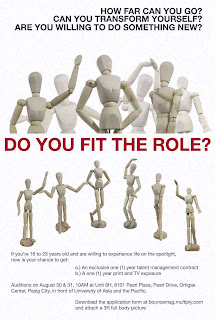

+blog.jpg)
+3.jpg)
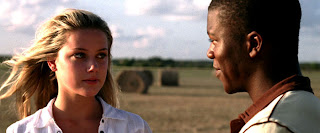+2.jpg)
+1.jpg)
+4.jpg)
+2+blog.jpg)
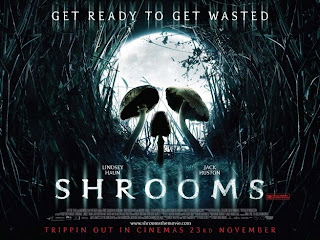+uk.jpg)
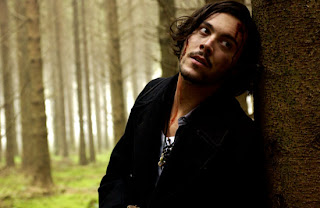+7.jpg)
+1.jpg)
+12.jpg)
+10.jpg)
+9.jpg)
+5.jpg)
.jpg)
+1.jpg)
+5.jpg)
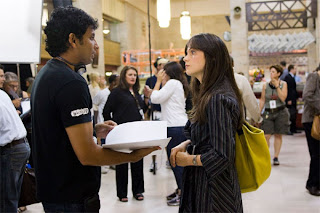+5.jpg)
+8.jpg)
+10.jpg)
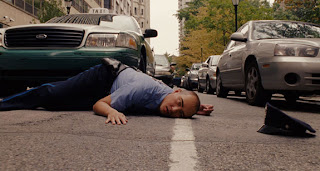+2.jpg)
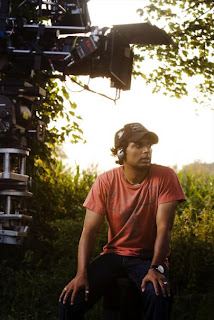.jpg)
.jpg)

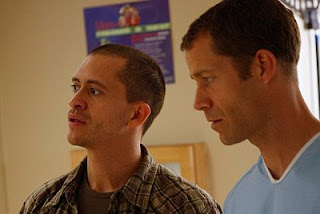

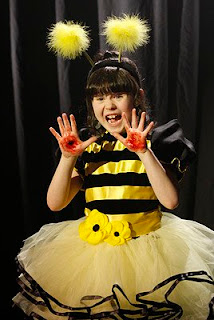


+41+starbuck.jpg)
+50+6+athena.jpg)
.jpg)
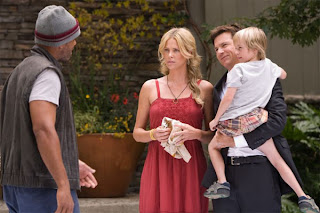+23.jpg)
+15.jpg)
+6.jpg)
+4.jpg)
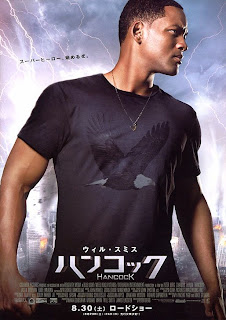+japan.jpg)
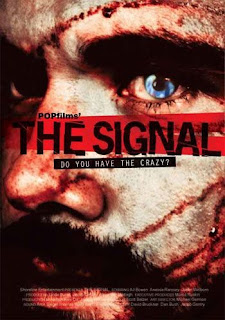.jpg)



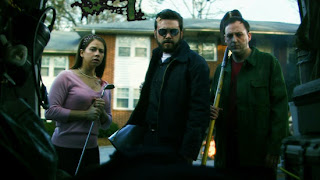+12.jpg)

+9.jpg)
+10.jpg)
.jpg)
+2.jpg)
+8.jpg)
+1.jpg)
+4.jpg)
+5.jpg)
+5.jpg)
+4.jpg)
+6.jpg)